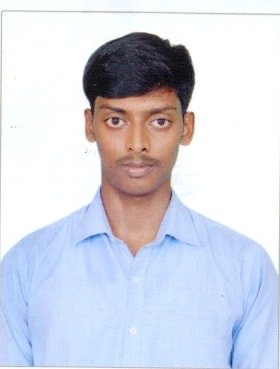Discuss the merits of remote patient monitoring system in the context of Indian health care system. (200 Words)
Refer - Business Line
Enrich the answers from other sources, if the question demands.

IAS Parliament 4 years
KEY POINTS
· With India pulling a whopping burden of chronic diseases that happen to be the top killer in the country, accounting for as much as over 53 per cent of the annual deaths, managing chronic conditions has become a mammoth task.
· Non-communicable diseases (NCDs), which happen to be the main trigger of chronic diseases, kill about 5.87 million people in India and contribute to around 38 million of all the deaths globally.
Remote Patient Monitoring is a boon
· Helps in improving chronic condition management: At a time when there is a global crunch of medical resources, remote patient monitoring works wonders in keeping a continuous watch on those suffering from chronic diseases, thereby enhancing care at a reduced burden on the caregivers.
· Aids in reducing emergency situations: With remote patient monitoring in action, real-time monitoring of a patient’s vitals is possible which helps them to keep the blood sugar, blood pressure, respiratory and cardiac counts on check. As a result, the patient and the caregivers get adequate alerts, preventing costly emergency situations and hospitalisations.
· Cuts down the burden on healthcare: Remote patient monitoring helps patients get care from the comfort of their homes, without having to make a visit to the hospital. As a result, it relaxes the burden on healthcare staff as well as nullifies the fear of shortage of medical equipment availability.
· Enhances patient outcomes: With remote patient monitoring, any damaging out-of-range values could be detected instantly, trends indicating a change in the care regimen could be recognised real-time. It could also help in providing suggestions on sleep and stress management and prescribing physical activities and more to help patients with specific chronic conditions and considerably improve patient outcomes.
· Offers better quality of care: Care-giving is a pivotal part of managing patients with chronic disorders. Remote patient monitoring makes care-giving more efficient by helping the caregivers and the patients go for the right choice about their food habits and lifestyle and daily behaviours which have a major effect on the course of their chronic conditions and health risks.
· Ideal for seniors living alone: These days a large number of senior citizens suffering from chronic conditions have to live on their own and away from their children who are settled elsewhere near their respective workplaces. Remote patient monitoring has made it much safer for those who do not have handy support.
· It becomes easier for children to monitor the health of their aged parents living far away from them. Thus, RPM successfully bridges the long distance gap between aged parents and children when it comes to healthcare.
Answer writing practice 4 years
Sir
kindly review my answer
thank you

IAS Parliament 4 years
Try to include about doctor-patient ratio. Keep Writing.

Venkateshwaran R 4 years
Kindly provide feedback. Thank you sir

IAS Parliament 4 years
Concerns are not needed, try to emphasize on merits. Keep Writing.

Venkateshwaran R 4 years
aswin 4 years
Please review

IAS Parliament 4 years
Good attempt. Keep Writing.